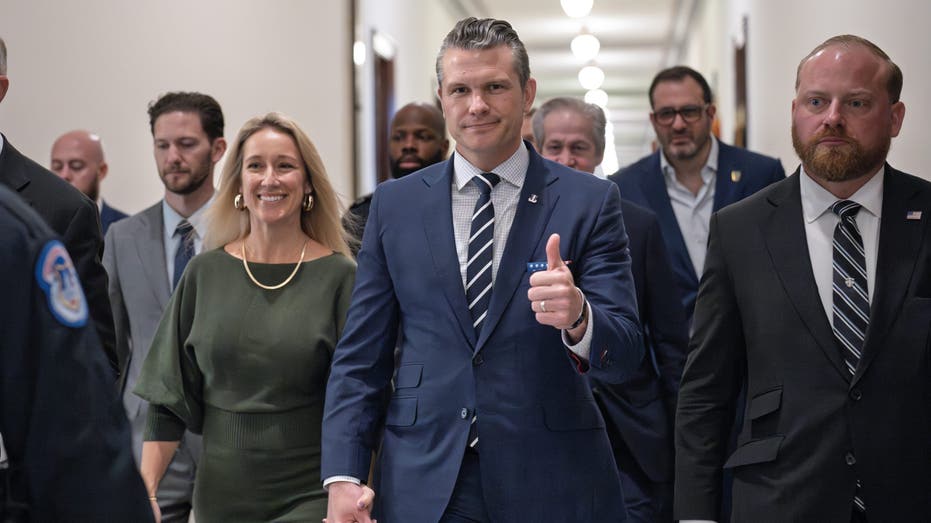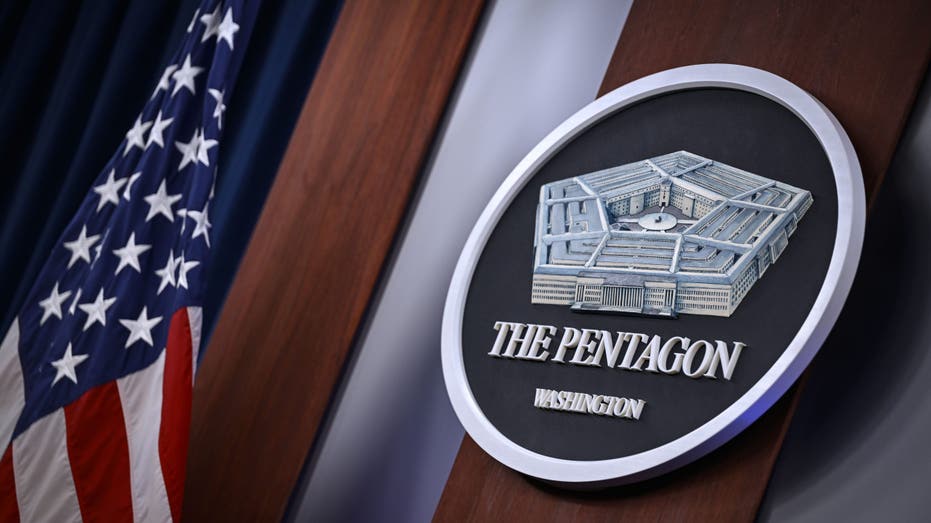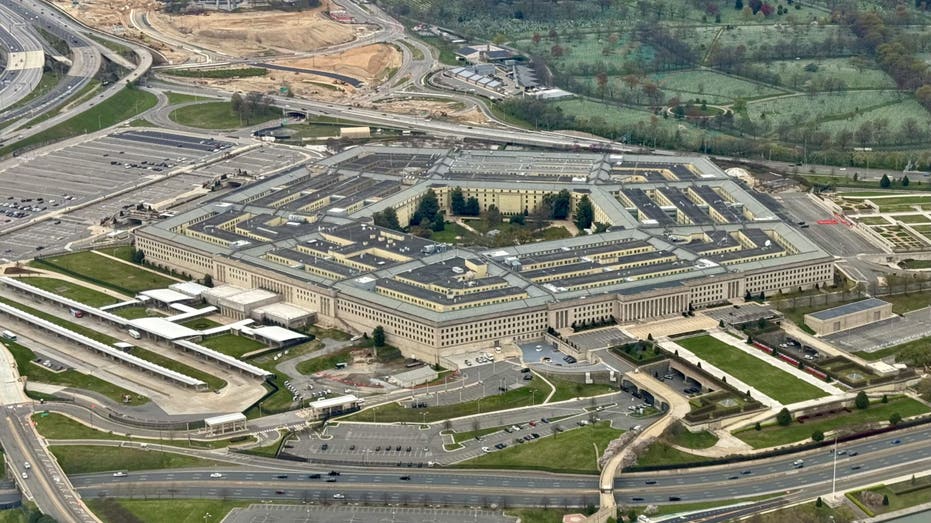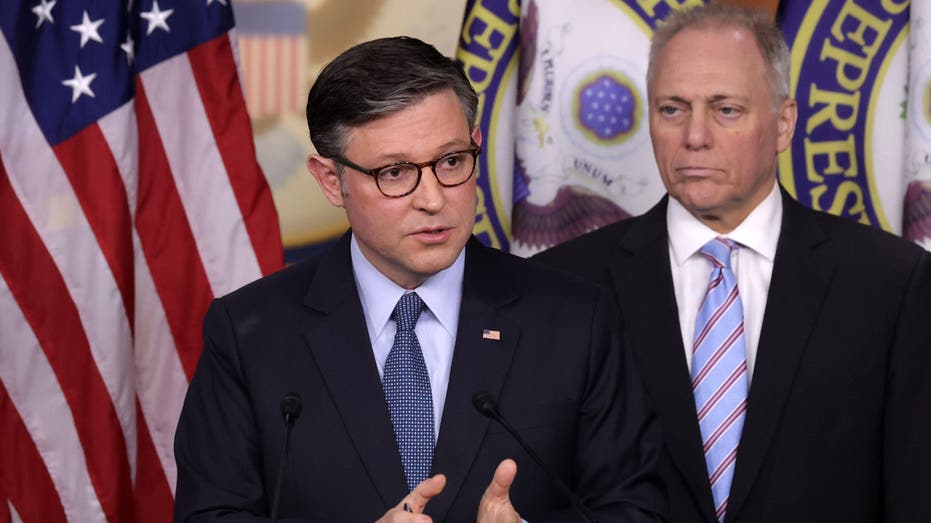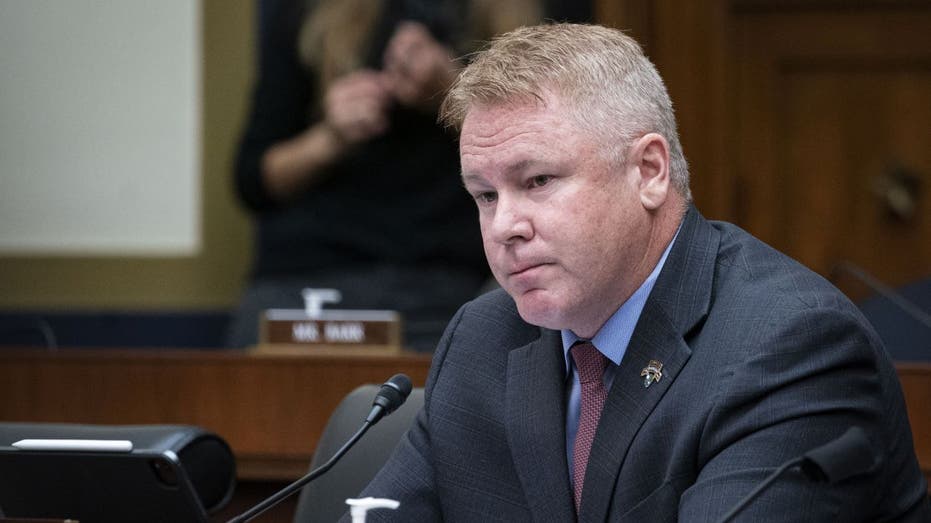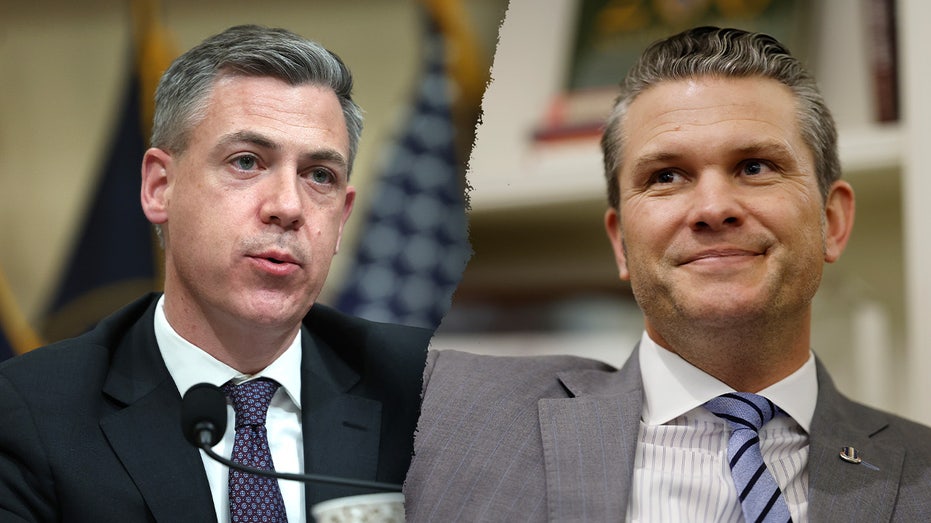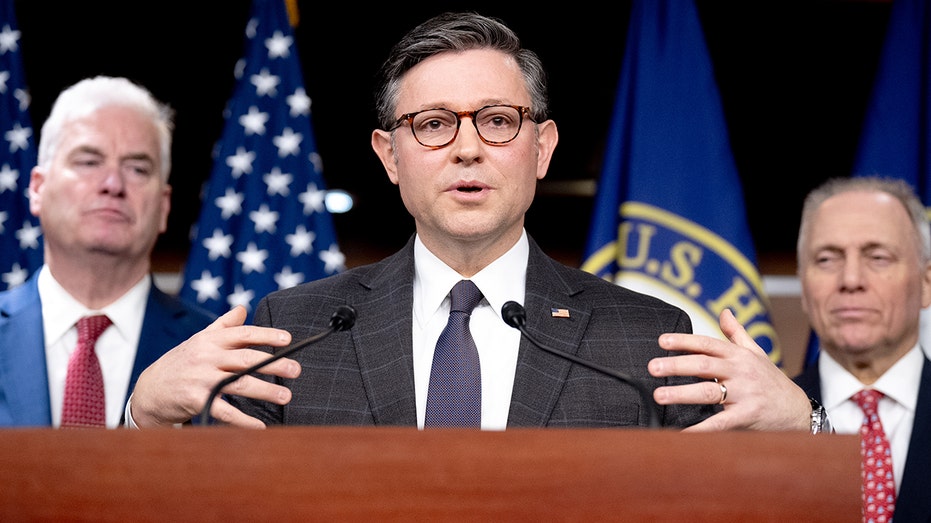Hundreds of veterans to descend on DC to march in support of Pete Hegseth's confirmation
FIRST ON FOX: Two former Navy SEALs are planning to bring hundreds of veterans to Washington, D.C., next week to march in support of Pete Hegseth’s confirmation for defense secretary.
Hegseth, a former Army National Guardsman, will take the hot seat before the Armed Services Committee for a hearing on Tuesday ahead of a confirmation vote.
The group, organized by Bill Brown and Rob Sweetman, are planning to pack "as many veterans into the hearing room" as possible. They plan to have veterans meet outside the Dirksen Senate Office Building at 4 a.m., before the building opens at 7 a.m. and the hearing kicks off at 9:30 a.m.
The pair got to know Hegseth through his participation in the yearly New York City SEAL Swim in the Hudson River, organized by Brown.
A group of veterans will also meet at the Vietnam Veterans Memorial at 9 a.m. to march in support of Hegseth. Brown is inviting all veterans to bring American flags and join their group.
PETE HEGSETH SAYS HE HASN'T HEARD FROM WEST POINT SINCE EMPLOYEE 'ERROR' DENYING HIS ACCEPTANCE
"There's something really powerful about having a physical presence of support, other than just social media," said Sweetman. His organization, 62Romeo, helps veterans transitioning out of the military get their sleep back on track and is helping to sponsor the event.
Sweetman expects at least 100 SEALs to join and hundreds of other veterans.
Brown said he and others began organizing the march over the "total dismay that a lot of us in the military, a lot of us who served our country and war and overseas, have with the current leadership in the Pentagon."
Jurandir "J" Araujo, Hegseth’s first commander when he was stationed at Guantanamo Bay prison in 2004, who’s planning to help rally support, told Fox News Digital that back then he used to tell his colleagues that Hegseth would be president one day.
"I immediately noticed his dedication and commitment to the mission, and not only to the mission but to his men."
"As a young second lieutenant and platoon leader, Pete cared about not only training and instructing his men, but being a part of their daily lives," said Araujo. "He was always very caring about his troops, and their satisfaction with what they were doing there.
"I always saw something in him that was special," Araujo went on. "I gave him the call sign as a lieutenant of double-A, which means all-American."
"I made a point to tell the first sergeant, I said, you know, I said, "Lt. Hegseth, prepare yourself because this guy is gonna be president one day."
Hegseth’s nomination has been rocked by allegations that the former Army National Guardsman and Fox News host drank too much and behaved inappropriately with women.
A recently unearthed police report from 2017 revealed a sexual assault allegation against him that Hegseth thoroughly denies. Others have taken issue with his past comments arguing that women should not serve in combat roles.
Some still have said they don’t believe he has the experience for the job, having retired as a major.
The veterans coming to support him in D.C. are not deterred by the allegations.
"The Lt. Hegseth that I knew, and the Pete Hegseth that I know today is a man of integrity," said Araujo. "That's what I gauge my measurement on, as far as leadership and the ability to lead men and this country.
"His view on women in combat is the same as mine," said Brown. "The focus should be what’s going to make us the most lethal and combat-efficient force we can be."
"We're not little guys, we're big muscly dudes. Most women are going to have a hard time, with my plates, with my gear, dragging me out of harm's way. It’s just the truth… Pete was speaking out of love."
Both Brown and Sweetman said they were infuriated over the Afghanistan withdrawal and spurred to action when the Pentagon failed its seventh audit in a row. They hope Hegseth will hold those responsible for the withdrawal accountable and cut out waste at the Pentagon.
"There's gross corruption, fraud, wasting, abuse in the Pentagon," said Brown. "No one's been held accountable for the travesty in Afghanistan."
"We are hemorrhaging money with some of the defense contractor initiatives," said Sweetman. "There are no checks and balances on some of these large contracts, with some of the larger companies that are embedded with the government, and so we're looking at a huge budget that a lot of it is unaccounted for, specifically when we talk about the audits. How come you don't know where the money is going?"
Angelo Martinez served with Hegseth in Cuba, when he was a young soldier and Hegseth was his platoon commander. Martinez is now a staff sergeant, and has been in the Army for 21 years.
"I had the pleasure, or maybe not, of meeting many personalities or officers," he said.
"The difference between him and other officers, and there's very few of them that treat other people, meaning the enlisted soldiers, as, not saying equal, but they will look at you as an equal person."
"A lot of officers kind of look above us as U.S. enlisted soldiers, and he's one of the few people that took the time to get to know the soldier, understand you, listen to you, listen to your viewpoints and stuff like that. He was one of the few that cared."
"I'm actually on my way out of the military, and I joke that I hope one of the last few things I do here is I can take down the other secretary of defense and hang [Hegseth] up on my wall," Martinez said.
The NCO said he believed the fact that Hegseth didn’t retire as a colonel or a general was a plus, recalling times in Cuba when he and his platoon were on duty while the officers were off scuba diving on break. "He didn’t join them, he felt like he needed to be there with us."
"He's not that officer that would sit back and say, ‘You know what? I'm just gonna sit back and supervise and not have to deal with the grunt work.' Him not having the colonel rank or the star, it keeps him like among us still, rather than a distance, like someone above us looking down."
Martinez went on: "I have had people talk to me, asking about who he was, and how people had mixed feelings about him, what he did. And you know, a lot of people sometimes get a misunderstanding of who he is, but once you get to know him, you realize that he is the person for the job. Once you get to know him, you’ll probably be more comfortable with him being in that job."
